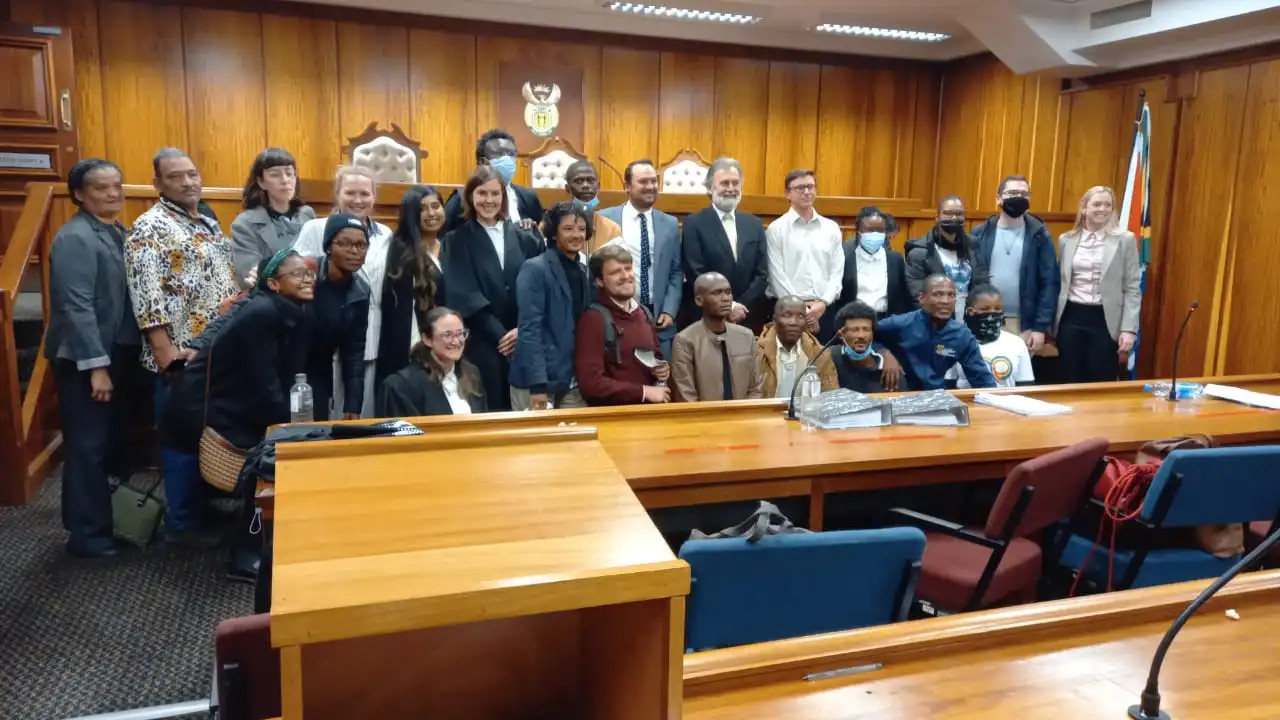
Litigation
Closing in on the Cape: South Africa Offshore Exploration
In recent years, the blasts of seismic surveys have become terrifyingly familiar to coastal communities in South Africa. All along the South African coast, oil and gas companies are conducting seismic surveys to search for new oil and gas deposits. The continuous detonations from the survey ships create an underwater hell for whales and other animals living in the ocean. Luckily, the oil and gas companies’ blasts have not been able to shatter the barriers set up by Indigenous resistance, environmental defenders and the South African Constitution.
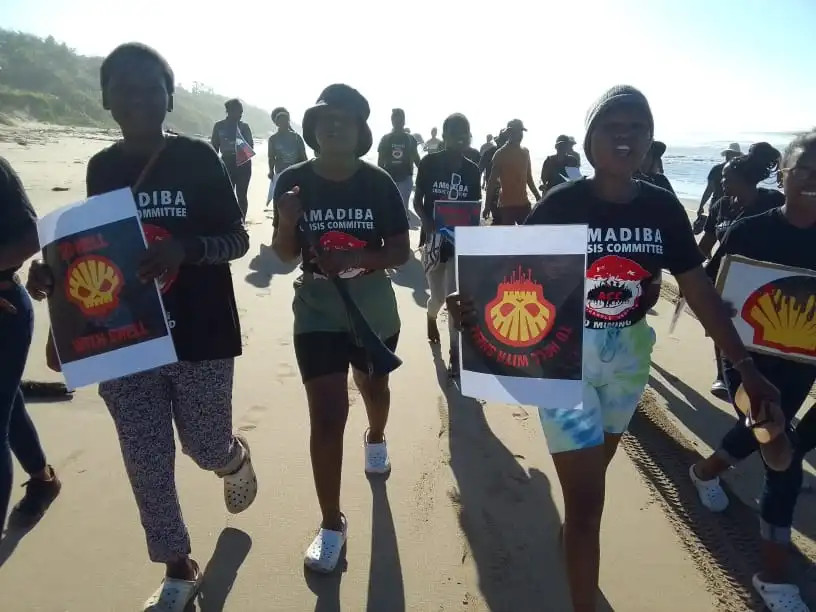
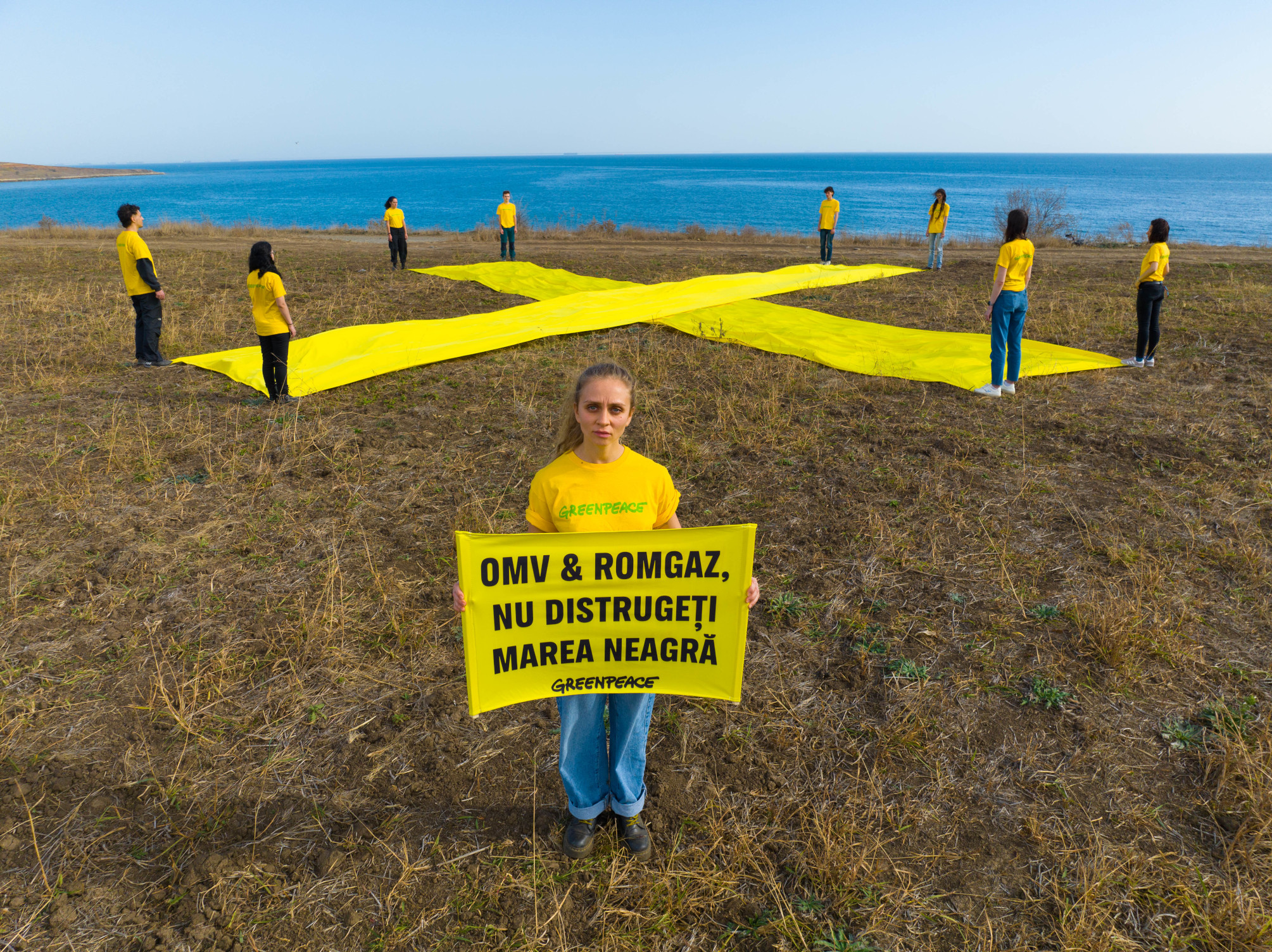
Neptun Deep: A Reckless Run for Gas in the Black Sea
The EU’s largest gas extraction project is moving ahead. OMV subsidiary OMV Petrom and state-owned Romgaz have decided to move forward with the Neptun Deep gas project in the Black Sea. They named the project after Neptune, the Roman god of freshwater and the sea. However, the gas project is no gift from God. Neptun Deep and the companies promoting it are threatening the Black Sea’s sensitive ecosystem and our climate. Romanian and Austrian environmental groups have come together in their joint outrage to fight Neptun Deep and its backers at all levels.
Perenco SA: The Human and Environmental Cost of Cutting Corners
From Gabon to the Democratic Republic of the Congo; Peru to Ecuador, Perenco's activities have left behind them a trail of destruction. Dumping oil spills and production waste into pits, corruption and damage to protected areas: the allegations coming from communities affected by Perenco's operations are manifold.
Cabo Delgado, Mozambique: A Resource-Rich War Zone
Different forces are tearing the Mozambican province of Cabo Delgado and its people apart. In a country that was already rife with conflict, ExxonMobil, TotalEnergies, Eni and their partners have come in to build one of the biggest gas projects on the African continent.
Narrabri Coal Bed Methane Project
During times of drought and wildfires, the Australian company Santos is pushing a project that is putting eastern Australia’s vital water resources at risk. Its Narrabri project is a threat to the water and all those who depend on it: the indigenous Gomeroi people, local farmers, residents, and the Pilliga
forest.
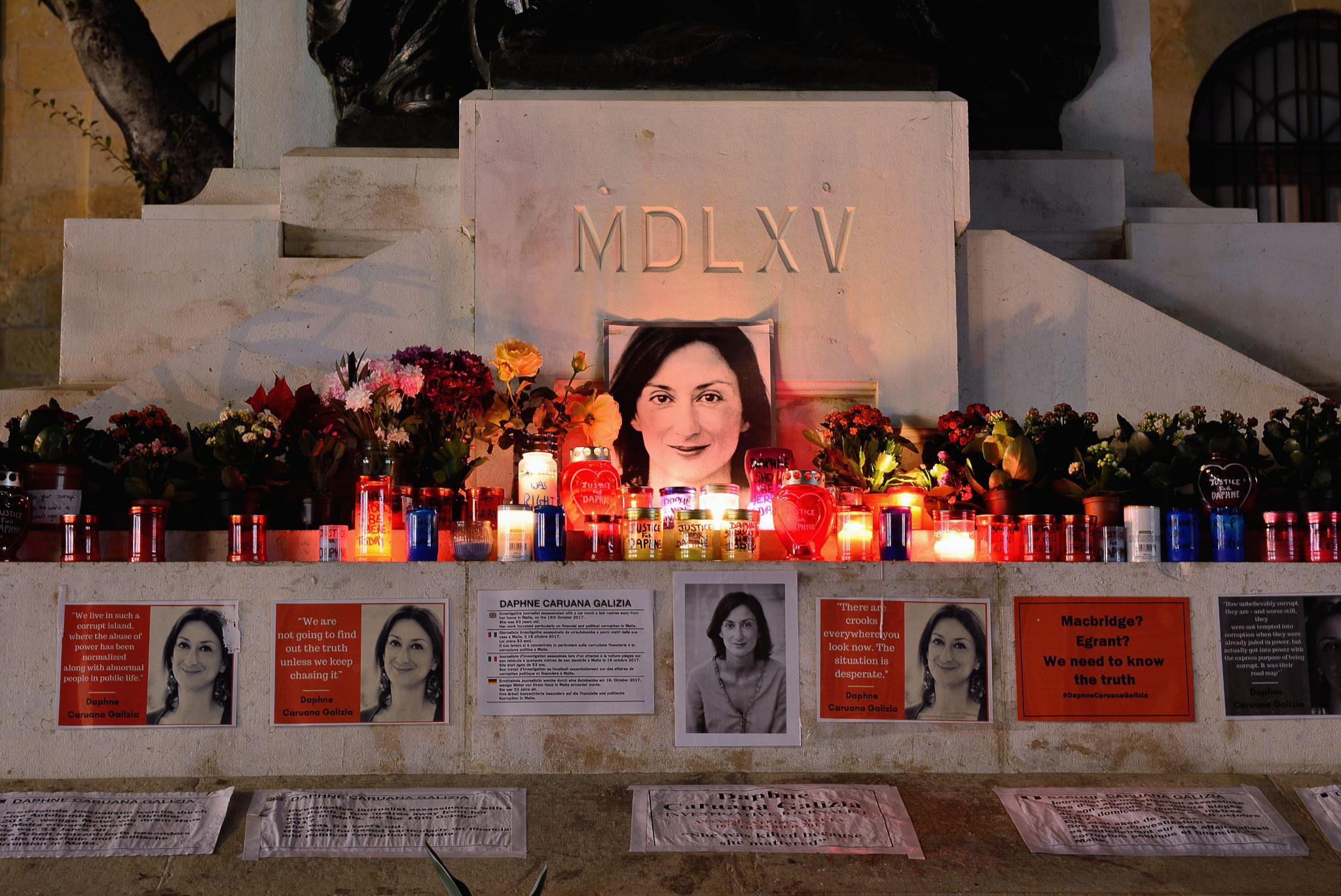
Southern Gas Corridor
From its origin to its end, the Southern Gas Corridor (SGC) leaves a trail of corruption, destruction, and harm. The SGC flushes big profits into the coffers of despotic dictators and gas companies that are blind to human rights abuses. It runs against the goals of the Paris Agreement. All of this comes at the cost of destroyed lands and livelihoods of those who live along the pipeline route.
Guyana Offshore
ExxonMobil’s deepwater drilling off the coast of Guyana is threatening the South American country. Guyana is one of the world's countries most endangered by rising sea levels. 80 percent of the 791,000 inhabitants live on a dip of land 1.8 m (5.1 ft) below sea level. In times of global warming and rising sea levels, a range of oil companies including ExxonMobil, CNOOC and Hess, is developing oil projects in Guyana.
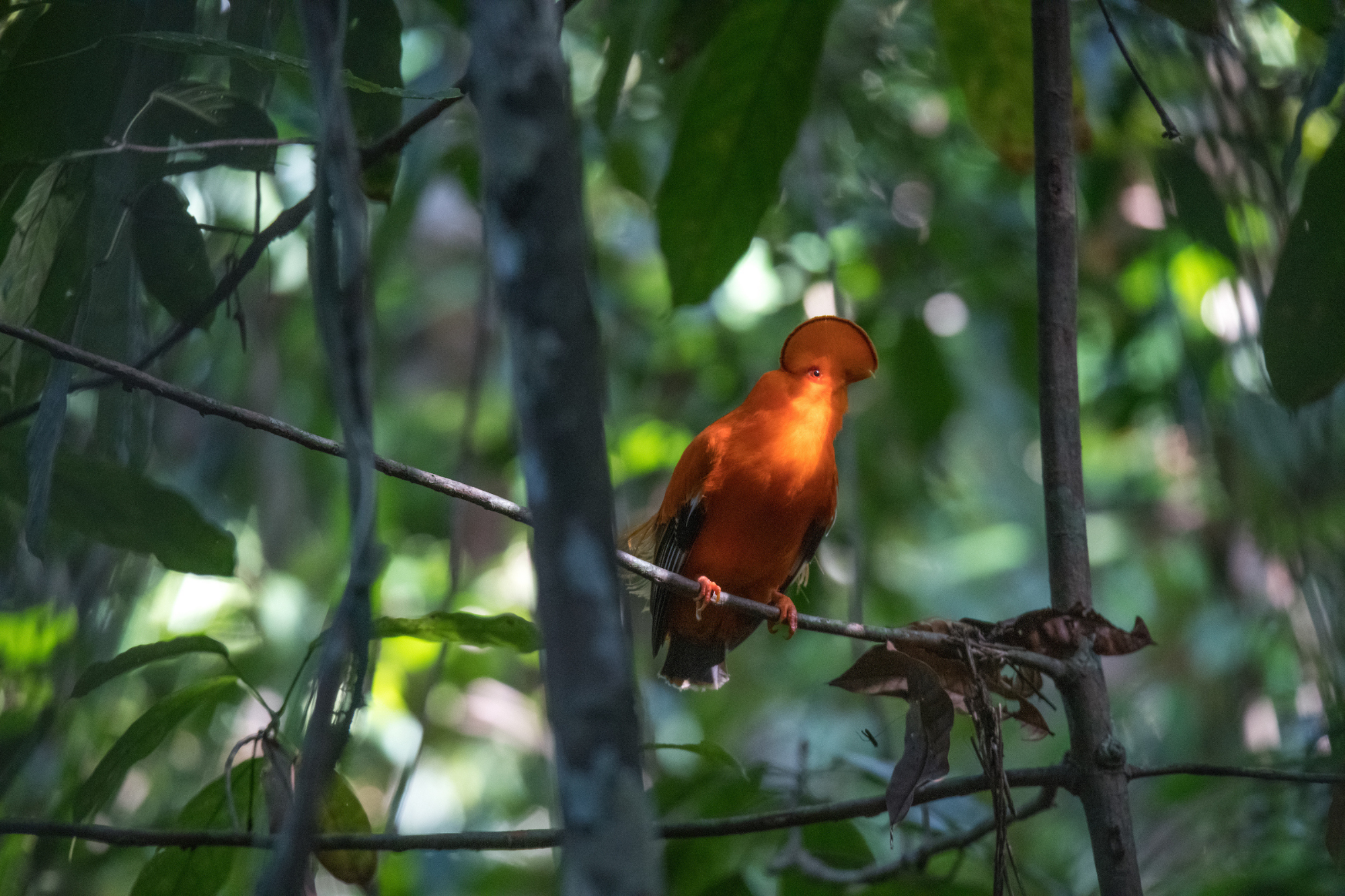
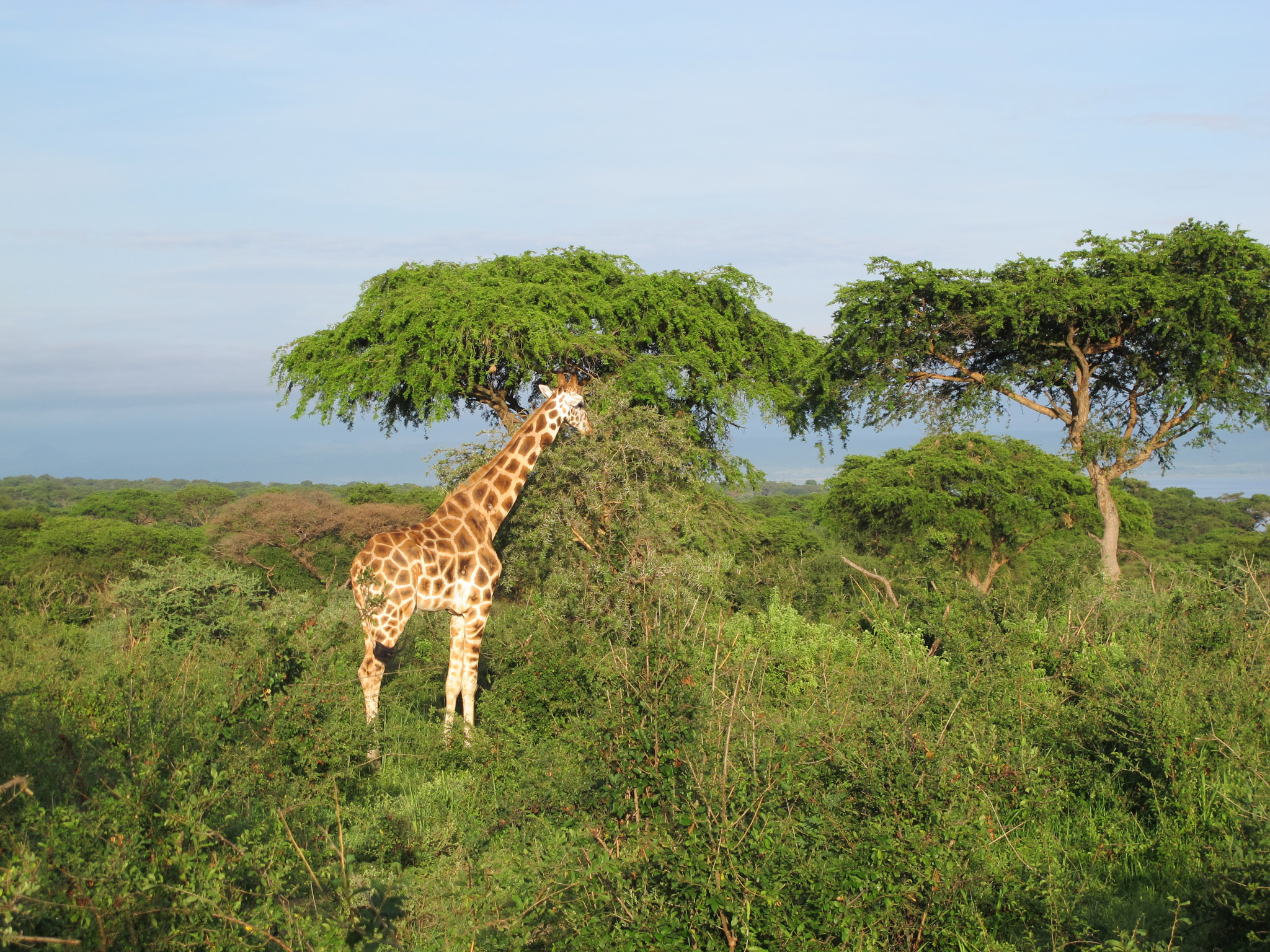
Tilenga/Kingfisher Oil Fields and East African Crude Oil Pipeline
TotalEnergies and CNOOC are sensing big money in Uganda. The companies want to produce oil in the country, and pump it all the way through savannahs, swamps and tropical forests to the Tanzanian coast. To make space for the wells and the pipeline, TotalEnergies and CNOOC are forcing more than 100,000 people off their lands. At the same time, the oil giants are destroying the homes of elephants, lions, leopards, and giraffes.
Enbridge's Line 3 and 5 Pipelines
The Line 3 tar sands expansion pipeline in Minnesota is a catastrophe for the environment. At CAD 7.5 billion, the Line 3 expansion is the largest capital project in Enbridge's history. Indigenous groups and local activists have been fighting the pipeline for 8 years. They condemn the pipeline’s dangerous route through Minnesota’s sensitive rivers, lakes and tribal lands. Enbridge also wants to breathe new life into its Line 5 pipeline.
Vaca Muerta
Oil and gas companies are wrecking the region of Northern Patagonia in Argentina for the gigantic Vaca Muerta fracking project. Numerous companies are turning the region into a sacrifice zone the size of Belgium. The companies are destroying the environment, poisoning the people and fueling the climate crisis.
Wisting Oil Field and Barents Sea
Equinor and Aker BP’s new oil and gas project is endangering millions of Arctic animals. Although oil production already exists in the Barents Sea, Equinor and Aker BP are pushing into the Arctic wilderness further than ever before.
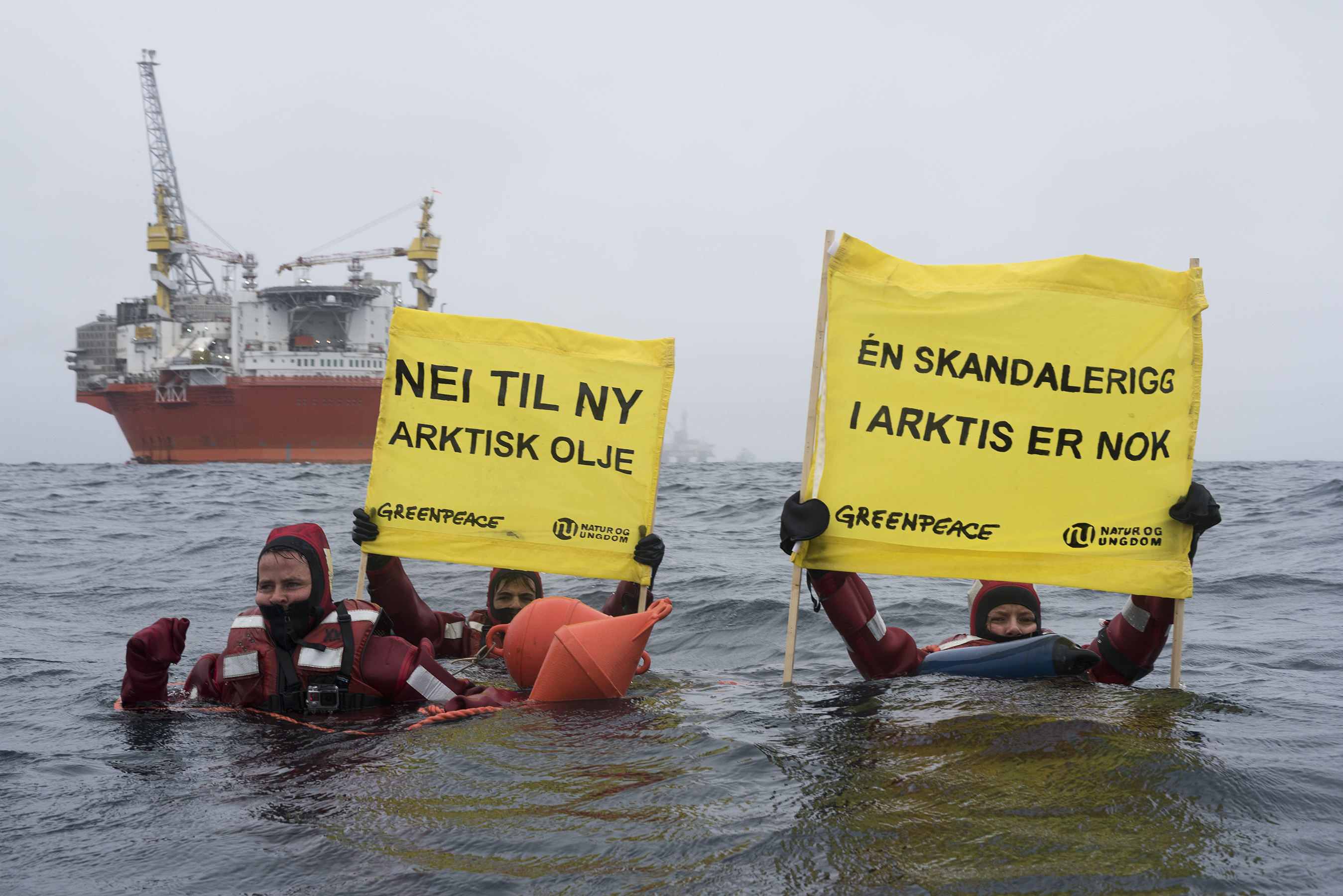
Arctic National Wildlife Refuge
Keeping oil and gas companies away from the most sensitive areas of Alaska is a constant battle. For now, big oil and gas companies are leaving the plains and waters of the Arctic National Wildlife Refuge in Alaska alone. However, the State of Alaska is still determined to turn large parts of the Arctic landscape into an oil and gas extraction site.
Coastal GasLink Pipeline
TC Energy’s fossil dreams are violating Indigenous people’s human rights and destroying their land. The Canadian pipeline giant is building the 670 km (420 mi) Coastal GasLink Pipeline through the traditional lands of the Wet‘suwet‘en people in Western Canada. TC Energy never got permission from the Wet‘suwet‘en to take their land and put a pipeline on it.
Read more
Oil and Gas Drilling in the Okavango Region
In an area reaching from the northeast of Namibia to the northwest of Botswana, the Canadian company ReconAfrica is opening up a new oil and gas frontier. Civil society organizations from both countries have called for an immediate halt of oil and gas exploration as ReconAfrica’s planned megaproject would cause immense harm to local communities and the region’s rich wildlife.
Amazon Oil and Gas Drilling
There is no climate stability without the Amazon Rainforest. In the age of bushfires and species extinction, companies are extracting oil all across the Amazon biome. With their projects, the oil companies are pushing the rainforest and its people to the brink.